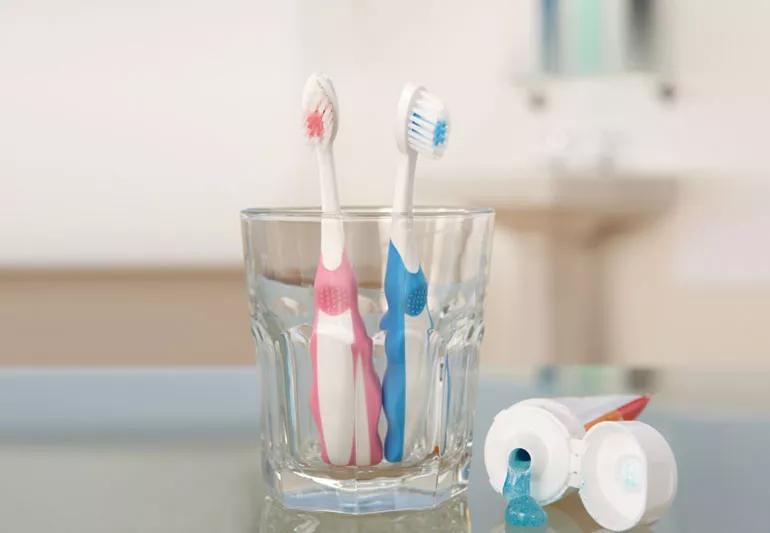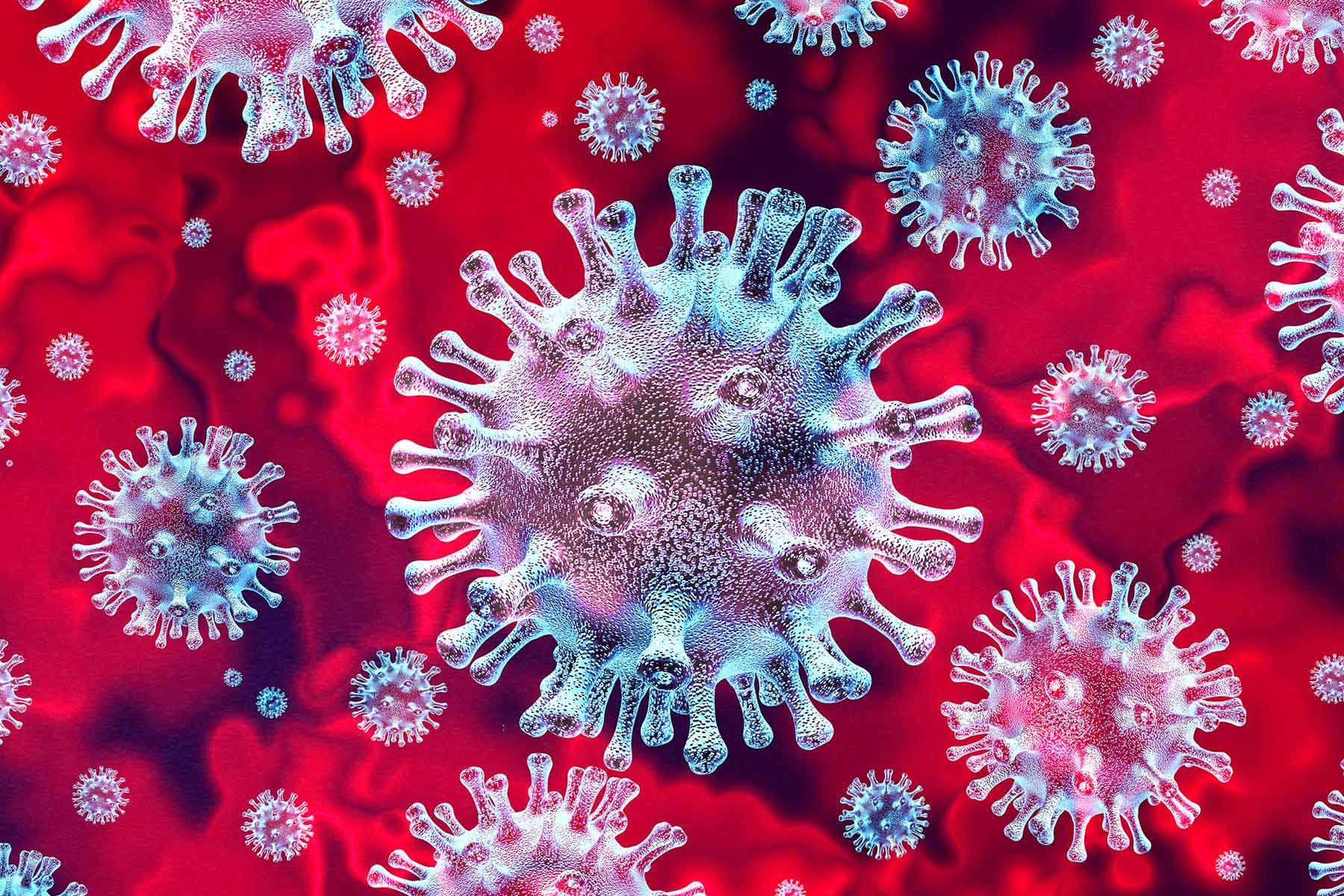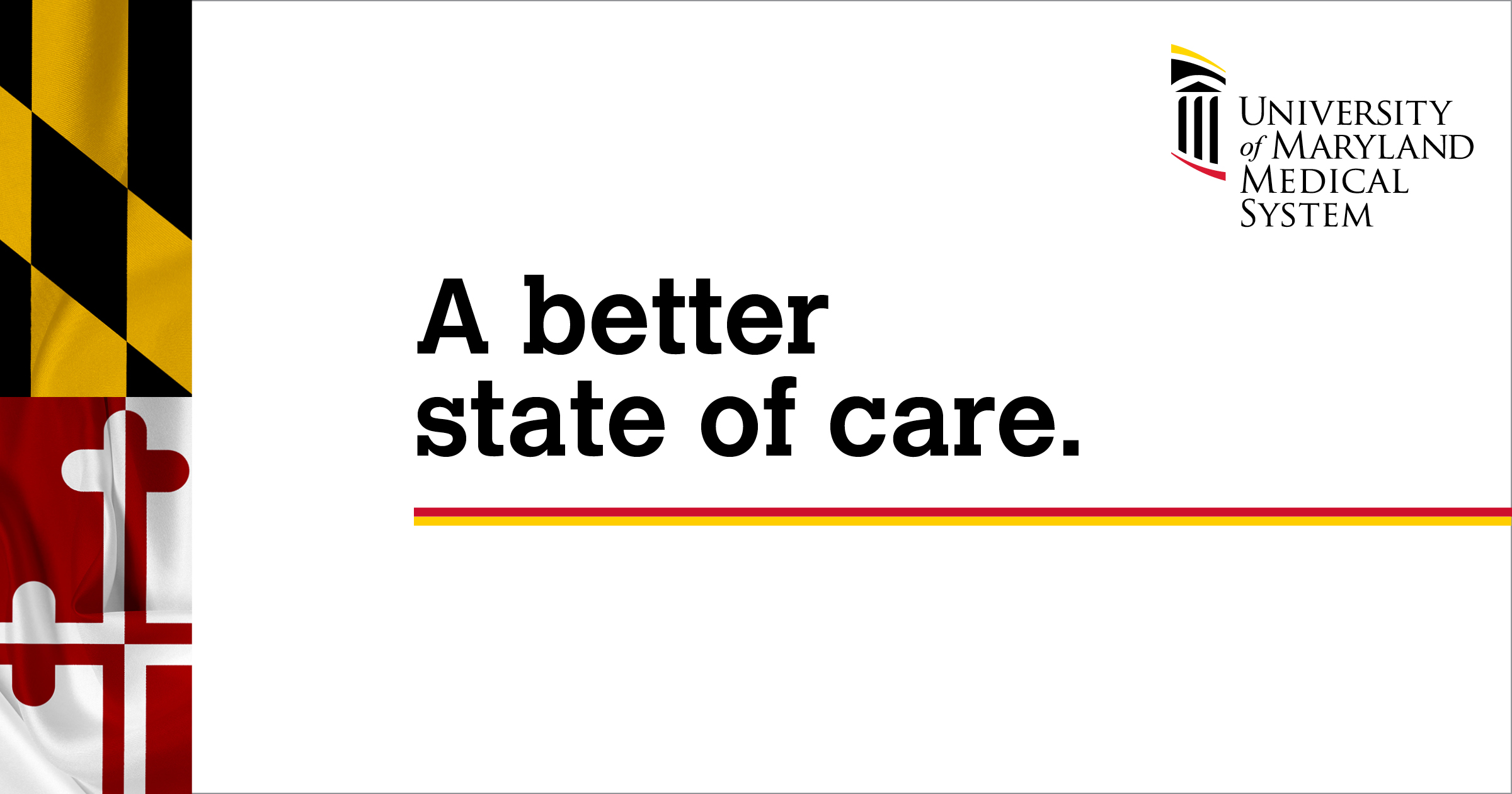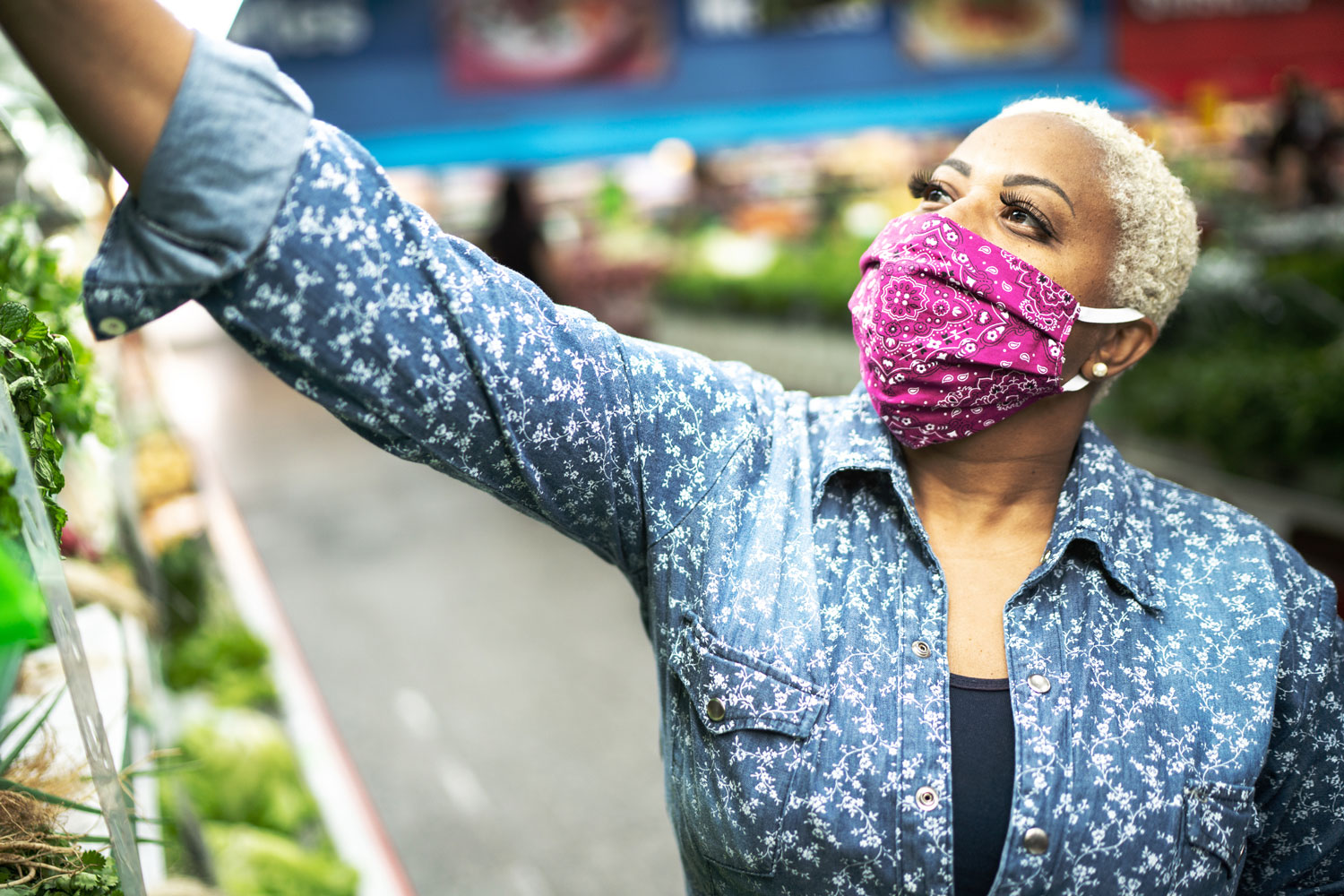As for 'trap bacteria'.... For starters it is a virus... But if it was a bacteria, you are right, trap bacteria... You have it and you can't get infected twice, you want to trap it in and give it to others...
If you are touching your face more with a mask you have an ill fitting mask... Get a proper fitting one and you don't need to touch it...
Tip: take your mask off with hand sanitiser on, it stops the virus getting on your hands...
You know even if you have antibodies you can still get COVID and pass it on to others?
You won't even free anything, you will be just running around like Typhoid Mary. She didn't think she was harming anyone either.
Look at the CDC excess deaths and explain them... I have a hospital full of patients as evidence...
All this pseudoscientific nonsense and other ignorance brought to you by the side whose
“science” asserts that Bruce Jenner is a woman.
So if masks don't work, you don't care if your doctor or dentist wears a mask when operating on you, to prevent infection. You're good with whatever they're breathing on you.
It is likely masks worn by doctors and dentists accomplish nothing at all.
It is just psychological.
They wear them to protect patients from saliva. You're wrong. But not from viruses, there you're correct.
Saliva has a mild disinfectant.
If saliva were so bad, then humans would not kiss and animals would not lick themselves clean.
Diseases are spread through saliva.
Diseases are spread by spores, and those travel even better once the saliva dries out.
Saliva kills or inhibits pathogen growth more than it aids it.
When you cough or sneeze, that us mucus, NOT saliva.
You don't know what you are talking about.
Someone else's saliva has never been shown to prevent disease in another. It tends to carry it.
You believe in some weird shit.
That is entirely wrong. Saliva is a well known disinfectant, and has lot of healing properties.
{...
Wound licking is an instinctive response in humans and many other animals to
lick an
injury. Dogs, cats, small rodents, horses, and primates all lick wounds.
[1] Saliva contains
tissue factor which promotes the
blood clotting mechanism. The enzyme
lysozyme is found in many tissues and is known to attack the cell walls of many
gram-positive bacteria, aiding in defense against infection. Tears are also beneficial to wounds due to the lysozyme enzyme.
...
Oral mucosa heals faster than
skin,
[2] suggesting that saliva may have properties that aid wound healing. Saliva
contains cell-derived
tissue factor, and many compounds that are
antibacterial or promote healing. Salivary tissue factor, associated with
microvesicles shed from cells in the mouth, promotes wound healing through the extrinsic
blood coagulation cascade.
[3][4][5] The
enzymes lysozyme and
peroxidase,
[6] defensins,
[7] cystatins and an
antibody,
IgA,
[8] are all antibacterial.
Thrombospondin and some other components are
antiviral.
[9][10] A
protease inhibitor,
secretory leukocyte protease inhibitor, is present in saliva and is both antibacterial and antiviral, and a promoter of wound healing.
[11][12] Nitrates that are naturally found in saliva break down into
nitric oxide on contact with
skin, which will inhibit
bacterial growth.
[13] Saliva contains
growth factors[14] such as
epidermal growth factor,
[15] VEGF,
[16] TGF-β1,
[17] leptin,
[18][19] IGF-I,
[20][21] lysophosphatidic acid,
[22][23] hyaluronan[24] and
NGF,
[25][26][27] which all promote healing, although levels of
EGF and NGF in humans are much lower than those in rats. In humans,
histatins may play a larger role.
[28][29] As well as being growth factors, IGF-I and
TGF-α induce antimicrobial peptides.
[30] Saliva also contains an
analgesic,
opiorphin.
[31] Licking will also tend to
debride the wound and remove gross contamination from the affected area. In a recent study, scientists have confirmed through several experiments that the protein responsible for healing properties in human saliva is, in fact, histatin. Scientists are now looking for ways to make use of this information in ways that can lead to chronic wounds, burns, and injuries being healed by saliva.
[32]
...
It has been long observed that the licking of their wounds by dogs might be beneficial. Indeed, a dog's saliva is
bactericidal against the bacteria
Escherichia coli and
Streptococcus canis, although not against coagulase-positive
Staphylococcus or
Pseudomonas aeruginosa.
[33] Wound licking is also important in other animals. Removal of the salivary glands of mice
[34] and rats slows wound healing, and communal licking of wounds among rodents accelerates wound healing.
[35][36] Communal licking is common in several primate species. In
macaques, hair surrounding a wound and any dirt is removed, and the wound is licked, healing without infection.
...}
You clearly have never had pets, worked on a farm, or know much about health in general.
Even kids know you should lick burns of cuts to help them heal.
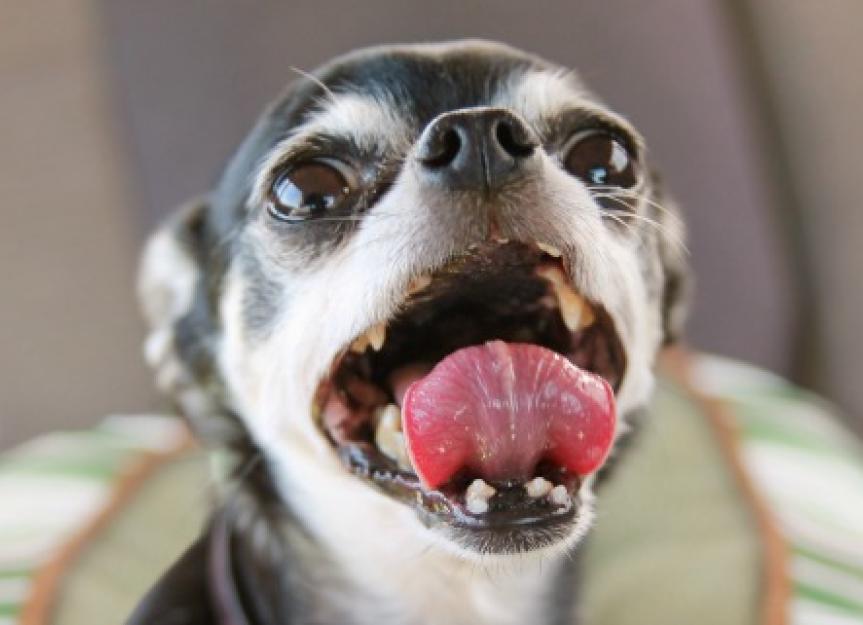
:max_bytes(150000):strip_icc()/iStock-538323892-5980d9a0685fbe00117f23a5.jpg)
